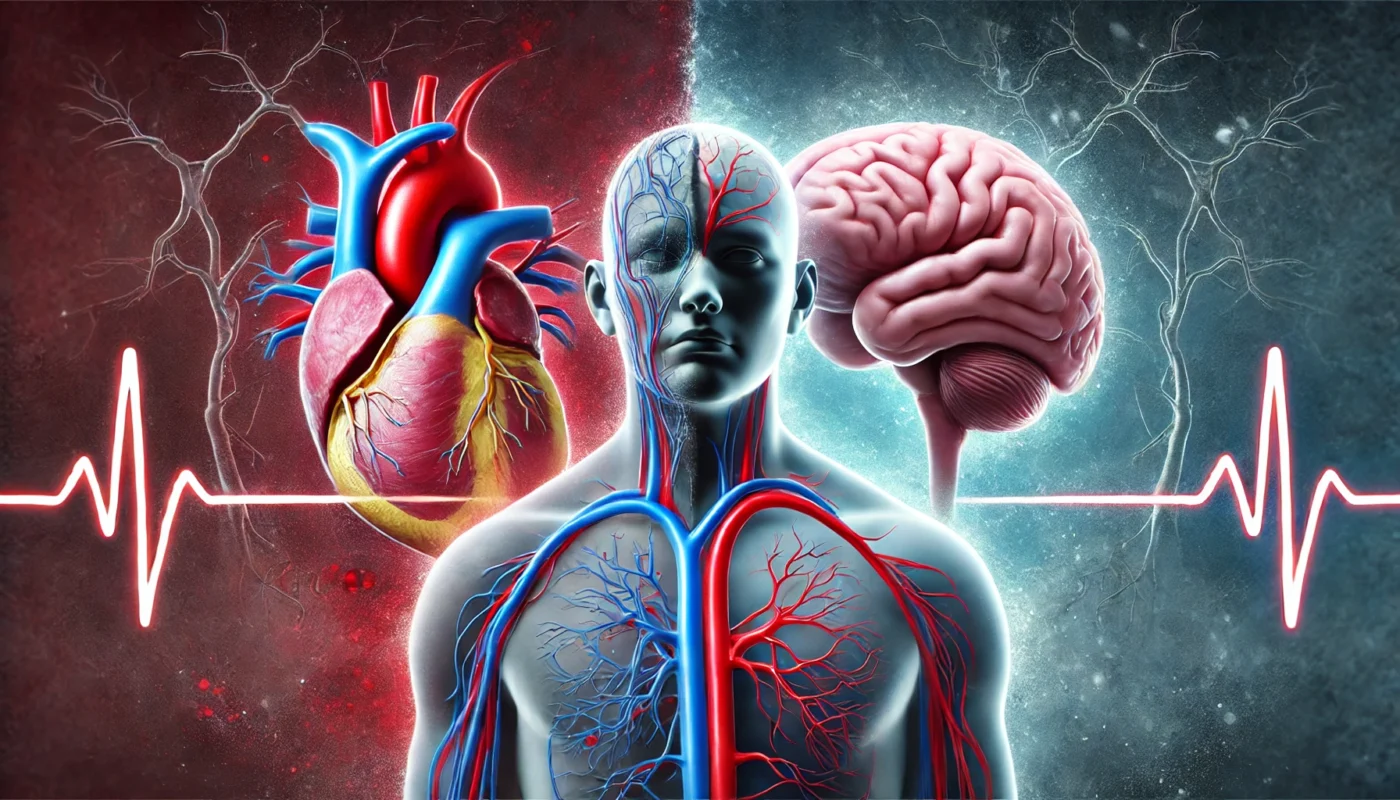Musculoskeletal pain is a common affliction that affects millions of individuals worldwide. Whether it’s due to arthritis, injury, or overuse, managing this kind of pain is crucial for maintaining a high quality of life. In this guide, we’ll explore the top medications for managing musculoskeletal pain, their effectiveness, and how they can be integrated into a holistic approach to health and wellness.
Tag Archives: Chronic Disease Management
In today’s ever-evolving healthcare landscape, the term “conventional medicine” is often mentioned, yet its meaning can sometimes be elusive. Understanding this concept is crucial for anyone navigating the healthcare system, whether you’re a fitness enthusiast, a health enthusiast, or a medical patient. This article aims to demystify conventional medicine, explaining its principles, practices, and its role in modern healthcare.
Inflammation is the body’s natural response to harmful stimuli, such as pathogens, damaged cells, or irritants. It is a complex biological response involving immune cells, blood vessels, and molecular mediators. The purpose of inflammation is to eliminate the initial cause of cell injury, clear out necrotic cells and tissues, and establish a repair process.
Incorporating vegetables that are both high in protein and low in inflammation into your diet can revolutionize your health and wellbeing. These remarkable veggies offer a compelling blend of nutrients that not only support muscle growth but also reduce inflammation, contributing to overall vitality. Whether you’re a fitness enthusiast, a health aficionado, or someone managing a medical condition, understanding the benefits of these powerhouse veggies can help you achieve your health goals. Let’s delve deeper into how these vegetables can transform your health journey.
Interleukin 11 (IL-11) is a cytokine, a type of protein that plays a significant role in immune system regulation. Recent studies have uncovered its involvement in various inflammatory and fibrotic conditions, making it a target of interest for those seeking to optimize their health and prevent disease. This article will delve into the benefits of IL-11 inhibitor foods and how incorporating them into your diet can promote better health outcomes.
Hypertension, or high blood pressure, is often referred to as the “silent killer” because it typically has no noticeable symptoms but poses significant risks for heart disease, stroke, and kidney failure. According to the World Health Organization (WHO), hypertension affects more than 1.28 billion adults worldwide. Early detection and consistent management are critical for preventing complications, and wearable technology is emerging as a game-changer in this arena. Wearable devices offer real-time blood pressure monitoring, data-driven insights, and personalized health recommendations, empowering users to take control of their cardiovascular health. This article explores the best wearable devices for tracking and managing hypertension, the technology behind them, and how they integrate with broader health strategies.
Hypertension, or high blood pressure, is a chronic condition that affects nearly half of all adults globally, according to the World Health Organization (WHO). It is a major risk factor for cardiovascular diseases, kidney damage, and stroke. While hypertension is traditionally associated with physical health concerns, emerging evidence highlights its significant connection to mental health, particularly depression. Depression, a common mood disorder characterized by persistent feelings of sadness and loss of interest, often coexists with hypertension, creating a bidirectional relationship that complicates the management of both conditions. This article explores the links between hypertension and depression, the mechanisms that drive their interplay, and strategies for addressing this often-overlooked connection.
Hypertension, or high blood pressure, affects millions of individuals worldwide, posing significant risks to heart health, stroke, and kidney function. While factors such as diet, physical activity, and genetics contribute to hypertension, stress is a major but often underestimated player in its progression. Stress activates the body’s fight-or-flight response, triggering a cascade of physiological changes, including increased heart rate, blood vessel constriction, and elevated blood pressure. Chronic stress can keep these systems in overdrive, contributing to sustained hypertension. Behavioral psychology offers effective strategies for managing stress and its effects on blood pressure. This article explores the connection between hypertension and stress and provides practical, evidence-based techniques to reduce stress and support heart health.








